Earth Day Is Every Day At Caspar Estate
Earth Day is a time to celebrate the planet we call home. Established on April 22nd, 1970, Earth Day marks the beginning of the modern environmental movement.
At Caspar Estate, sustainable, earth-friendly, certified organic farming practices are paramount. We preserve, protect, and maintain our plant resources for the ecological value of future generations. As we like to say, take care of the planet, and it will take care of us.
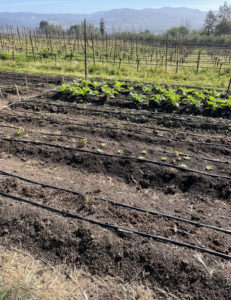
Being organic, we produce our own compost for our vegetation. What we don’t make ourselves, we supplement with an organic fish fertilizer emulsion.
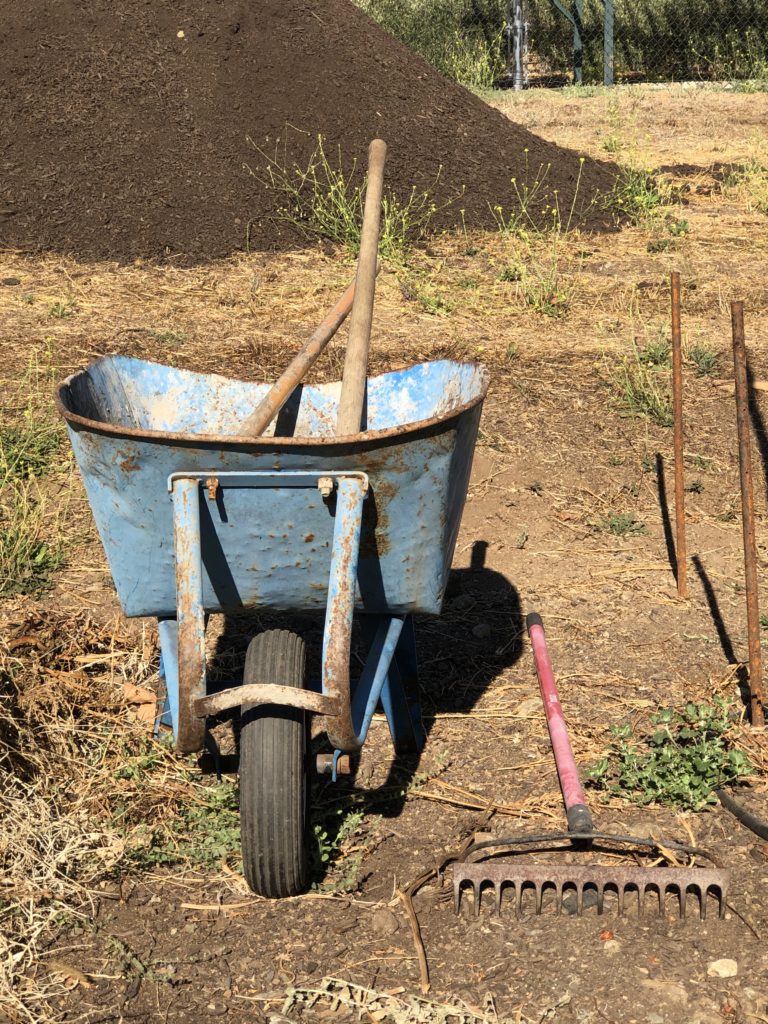
Creating A Sanctuary For Earth Day And Beyond
Natural inhabitants of the land also participate in what we grow. We built perches for Barn Owls and predatory birds to assist us in rodent control. We also provide a hospitable environment for helpful insects. In addition, we plant crop cover for nitrogen and soil erosion control. When it’s time to remove the crop cover, we utilize a natural burn process that rejuvenates the soil.
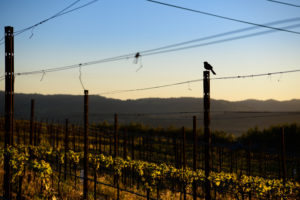
Our small producer approach, combined with our organic and sustainable farming, produces award-winning results. The vegetables we grow are used daily at our farm-to-table restaurant, Cultivar SF. Our produce includes tomatoes, squash, peppers, olives, and a variety of herbs.
Sustainability Means Solar Power
In addition, we’ve also installed what we like to refer to as “The Solar Grove.” These solar panels provide clean, reliable, and renewable power to our property. During the hot summer months, we can also generate enough power to return energy back to the grid.
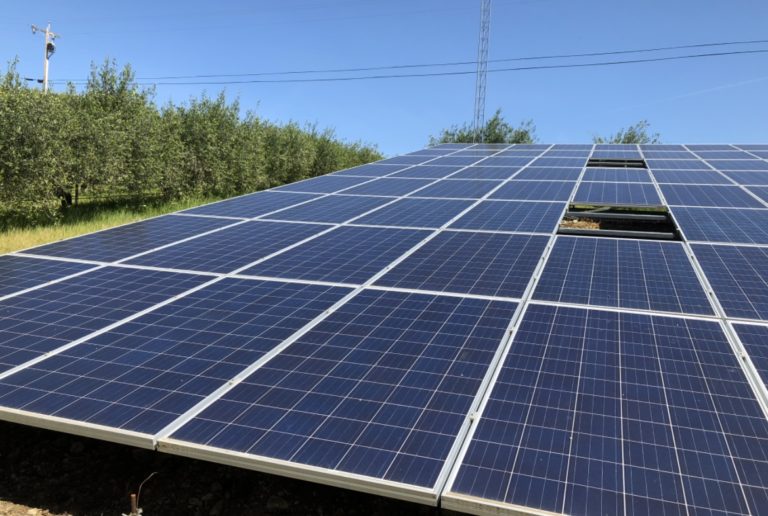
Terroir-Driven Winemaking Starts With Organic Farming
For winemaker Julien Fayard, our certified organic vineyard was a compelling reason to head our winemaking team. It’s no surprise that for a vintner attuned to the aspects of winemaking driven by nature, the process for Julien starts in the vineyard. The cellar work of fermentation and aging are, as he describes them, “big steps that have to be done right.” But they’re steps preceded by everything that happens at the all-important vineyard level. Out among the vines is, to Julien, where the essence of winemaking takes place.
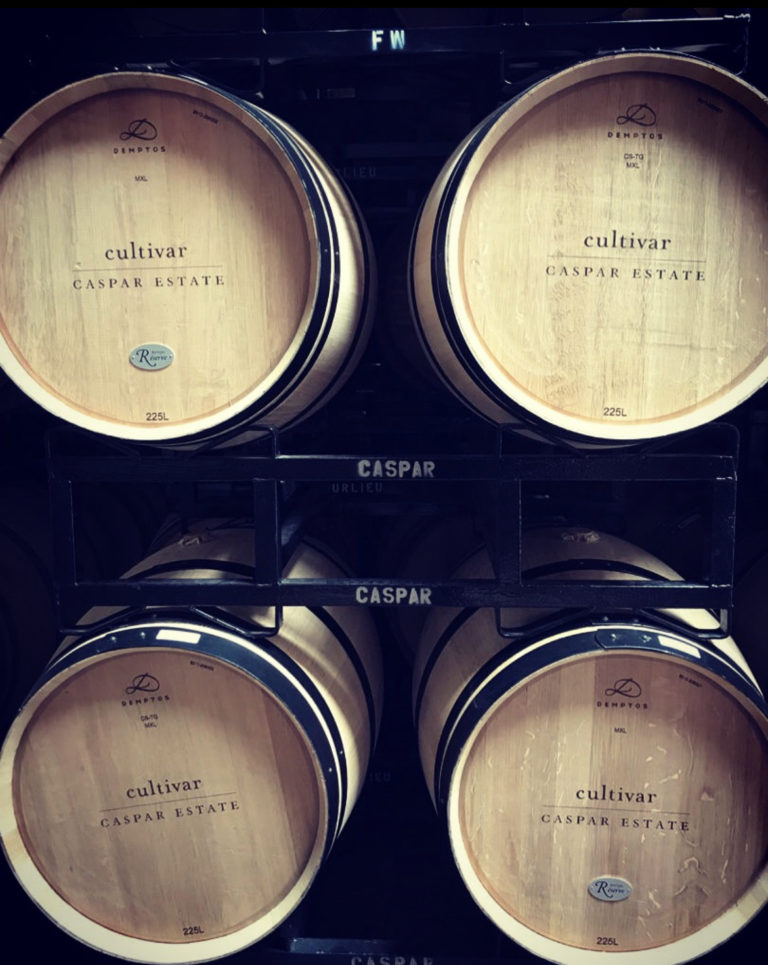
“I like to put a little more focus on the decisions made ahead of what happens in the cellar,” he says of his winemaking approach. “It’s almost like what people picture as the central pieces of winemaking—fermentation and aging—are a consequence of the farming decisions.”
Earth Day is a great time to think about your own impact on the planet. What kind of environment do you want to pass down to future generations? Remember, you can make a huge difference simply by supporting small, organic farms and encouraging sustainability!


